It’s looking almost certain that sometime in the near future, Google will be throwing its hat into the ring of online music sales with the Google Music Store.
And when they do, you can probably expect it to be highly integrated with another young Google product, Google+.
The Wall Street Journal is reporting that Google Music users will be able to recommend songs to their friends and followers, through the Google+ platform. Google+ users would then have the chance to listen to the track one time before deciding if they wanted to purchase it. The mp3s will probably cost in the neighborhood of $0.99.
There’s no word on how much this would work like Spotify on Facebook, where it would allow Google+ users to see what their friends are listening to in real time. But integrating a music store into Google+ would be good for Google+ and well as the burgeoning music store itself.
According to sources close with the matter, Google Music Store will launch within the next two weeks, even though it is probable that they will not have the agreements in place to sell music from at least two of the four major record labels. Rumors that surfaced last week hinted that EMI, the fourth largest label, was the only one close to reaching a deal with Google.
As you probably remember, the inability to reach agreements with the labels affected Google Music Beta’s launch. Prior to its launch, that service was expected to offer the user the ability to buy music. Instead, it launched without that functionality. Google Music Beta, in its current form, is a giant music locker in the cloud, capable of giving users access to all of their music that they have uploaded themselves.
But it’s no stretch to imagine a situation where the Google Music Store is linked directly to a user’s Google Music account to provide seamless transfer of purchased songs to their locker.
Last week, Google SVP of Mobile Any Rubin said that they were close to launching the Google Music Store. He also said that it would have a little “twist” to it, that it would “have a little Google in it, it won’t just be selling 99 cent tracks.”
Could deep Google+ integration be part of that Google twist?







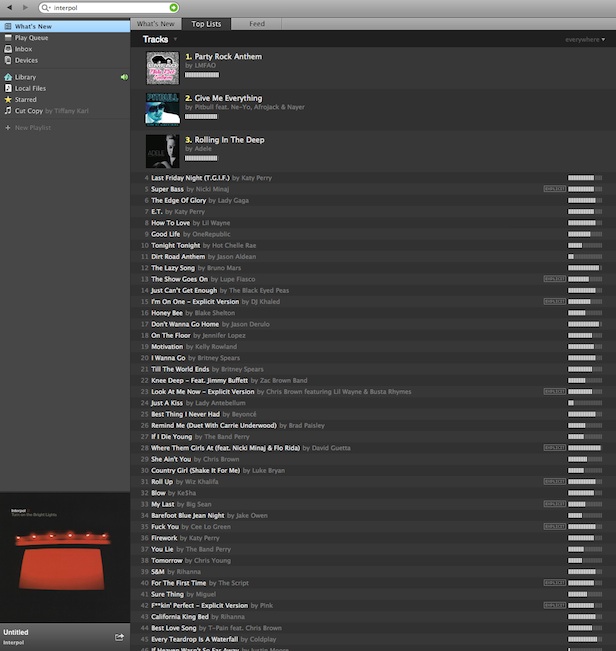
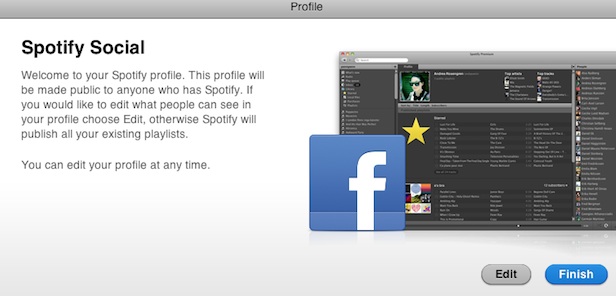
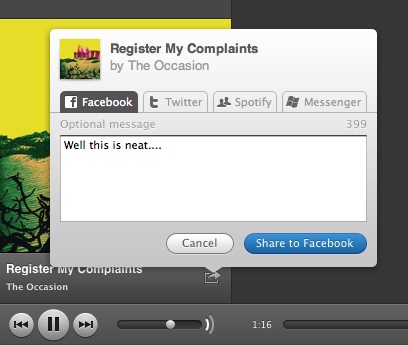
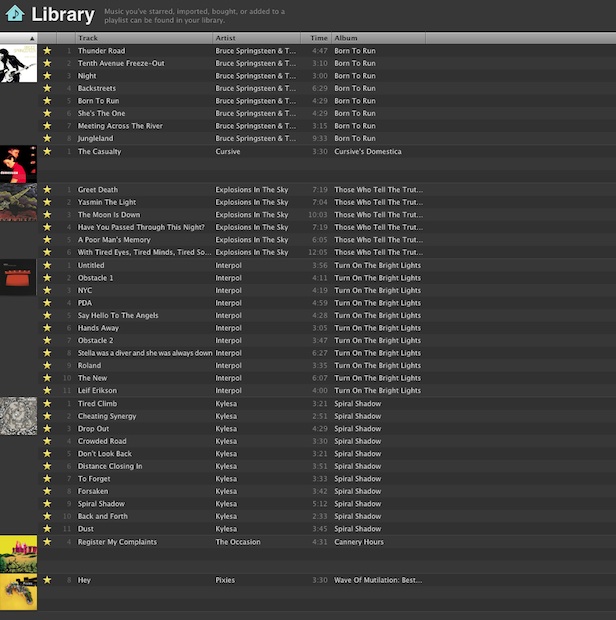
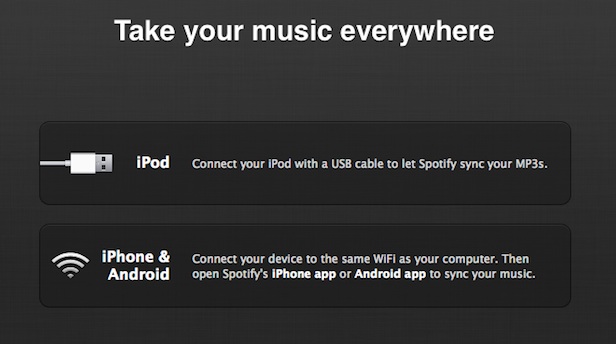




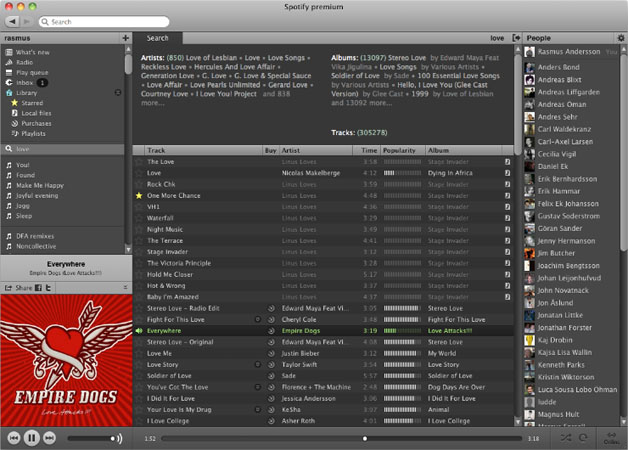
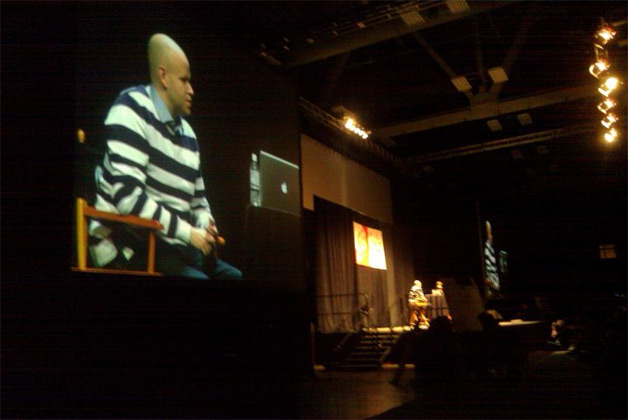
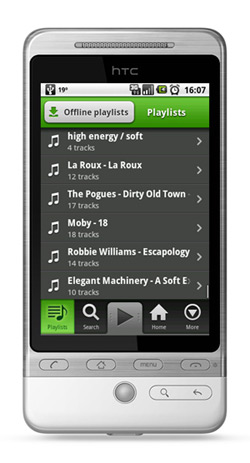 People in the US have been unable to use the service so far. There has been talk that this may soon change upon
People in the US have been unable to use the service so far. There has been talk that this may soon change upon